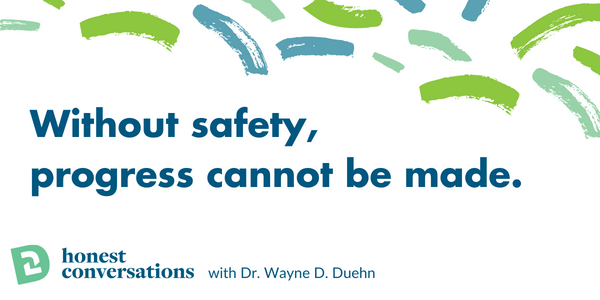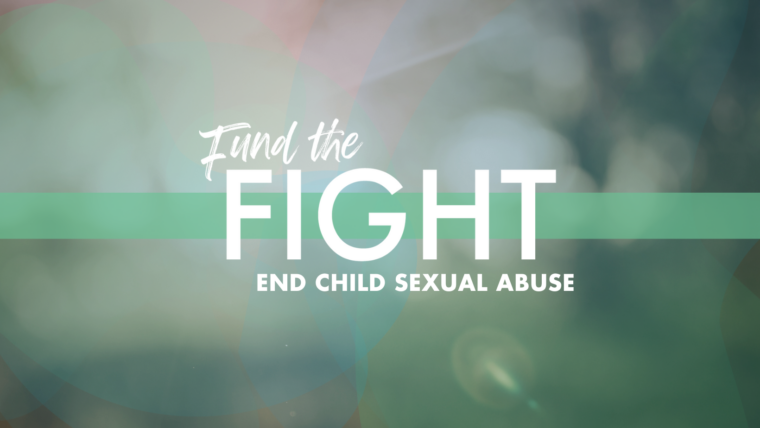In this Honest Conversation, Tanyelle Gill, the Senior Director of Marketing and Development, hosted a discussion with three experts to delve into the topic of child sexual abuse for foster and adopted children, and how to support them and the families that welcome them into their homes.
We were joined by; Julie Beem, the Executive Director of the Attachment & Trauma Network, an organization whose mission is to promote the healing of children affected by trauma through empowering trauma-informed families, schools, and communities., Barb Clark, Parent Support and Training Specialist at the North American Council on Adoptable Children (NACAC), which works to ensure every child in foster care can have the opportunity to have a permanent and loving family while also supporting the families, and Dr. Wayne D. Duehn, Professor Emeritus of Social Work, a consultant to many organizations, and a cofounder of Praesidium, Inc., an abuse risk management firm for organizations. 
This conversation started with defining the rate at which children in foster care experience sexual abuse of some kind, which is as many as 80% of children. Additionally, the rate of substantiated cases of sexual abuse in foster care is more than four times higher than the rate in the general population. Duehn starts the discussion by explaining the lack of disclosures and identifying within the system. Clark continues to discuss the reasoning behind why children in these circumstances are more likely to be abused.
“We have all of these kids who are high functioning but are developmentally scattered…due to early trauma in-utero or in life…One of the things are the hidden disabilities these kids are living with…A lot of them are functioning at half their chronological age.”
Beem continues by discussing explanations behind the behaviors of foster and adoptive children who are sexually abused.
“When you don’t have the language to explain what’s happening and you don’t have the healthy attachment and bond to a trusted caregiver, your entire…inner working model, how you feel about yourself and the place that you see yourself in the world, is significantly altered and so your behavior can be as well.”
There may or may not be overt signs of sexual abuse through behaviors or language. Therefore, it is vital to be aware and be a support system for children.
Suggestions for Foster and Adoptive Parents
One idea that foster and adoptive parents must do is create specific guidelines, or a safety plan, to help a child with the transition into their homes and families. Both Clark and Duehn use the term “concrete” to describe the plans. Duehn states:
“I’m a firm believer that on the onset of placement, the family needs to set a concrete safety plan and clearly lay out a touch contract in the family.”
He goes on to give examples of what a safety plan can include, such as: I will dress appropriately in the house, I will ask to enter the room of another person. I will leave the door open in a room with others. These guidelines are not only for children, but also for adults as parents are models for their children.
“Parents are the architects of the family.”
Additionally, Beem adds two important pieces of advice for parents. The first is to dig deeper into the behaviors their children are exhibiting.
“And as parents we all kind of get hung up on the idea that we’re supposed to control and manage behaviors and teach them how to have the “right behavior.” Because we want them to go out in the world not having a behavior that is troubling and at the same time, we also feel a certain amount of shame from that because we’re their parents and this is a reflection on us and what a great job or not so great job that we’re doing. So instead of actually looking at what a behavior could mean, a lot of times we get really caught up with trying to extinguish that behavior whatever it is. We’re always talking to parents and teachers about going underneath it.”
Another piece of advice from Beem is to be a trauma-informed parent. Parents need to look out for signs of abuse and be as supportive as possible. “What does it look like to be a trauma-informed parent? At ATN, we believe that it looks like being a therapeutic parent. Not a therapist but looking at parenting as a healing mission, as a way to provide relationship, and help a child learn to regulate themselves in a way that they can then access more healing and build more resilience.”
Final Remarks and Resources
During the conversation, Duehn states: “Without safety, progress cannot be made.” Safety is a key component of any adult who lives with, works with, or encounters children. Darkness to Light works to provide safe, informed situations for children through adult education. Below are some resources to help prevent child sexual abuse from ever happening and how to respond.
This is not an easy subject but is one that we need to talk about. However, Clark states that we must “never lose sight of hope.” Once we make “safety the key,” like Beem states, change will happen for foster and adoptive children and families.
This series contains descriptions of adult subject matter, including child sexual abuse. It may not be suitable for everyone and viewer discretion is advised. If you need support after watching, please reach out to 866-FOR-LIGHT for confidential support and resources.



